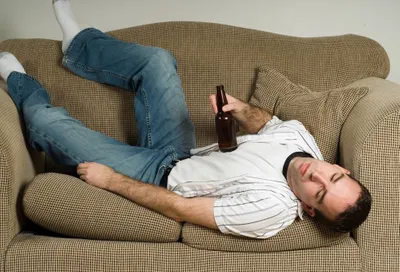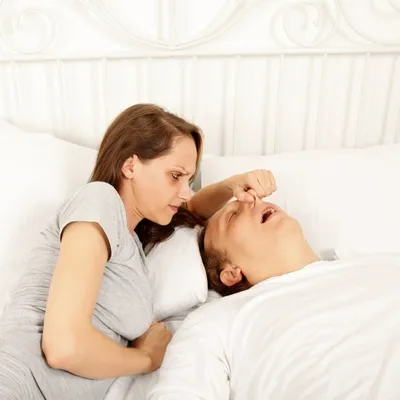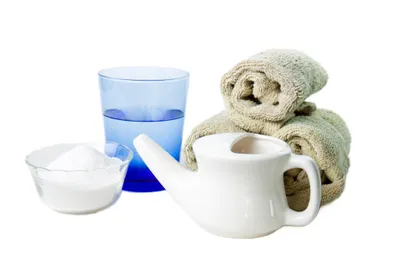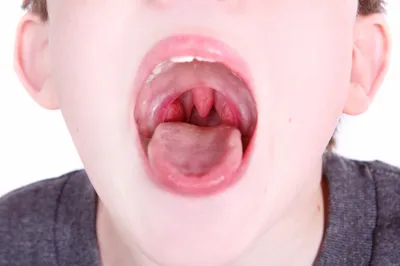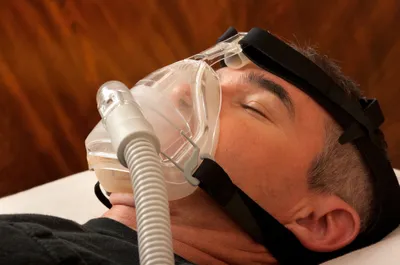Are you among the 45-percent of American adults who suffer from snoring? Or are you the unlucky sleep deprived spouse? Regardless of if you snore occasionally, only when you drink or sleep on your back, or a more serious form of obstructive sleep apnea, snoring can cause a lot of relationship and health issues—including insomnia and heart disease.
Luckily, there are ten effective ways to soothe the snoring bear…
1. Avoid Alcohol
Alcohol is one prime culprit of snoring. Why? Because it relaxes the muscles in the back of your throat, leaving you prone to snore, even if you don’t normally do so. To avoid snoring after drinking, stop imbibing at least 5 hours prior to bedtime.
2. Change Sleep Positions
Lying on your back is often what exacerbates snoring because it collapses the makes the tongue and soft palate, causing a vibrating sound in the back of your throat. Try training you body to sleep on your side by using a body pillow for support or duct taping a tennis ball to the middle of your back (on top of a t-shirt) so you can’t roll over comfortably during sleep.
3. Change Your Pillow
Do you have a pet? Even if you don’t, allergens in your bedroom may have set up shop in your pillow and that can cause you to become congested and lead to snoring. So get new pillows and throw them in the air fluff cycle in your dryer once every couple weeks to banish allergens.
4. Stay Hydrated
If you don’t drink enough water in a day; chances are this is what’s causing your snoring. Dehydration causes the lubrication in your nose and soft palate to turn sticky, which encourages snoring. Aim for 8 to 12 cups of fluids a day to prevent zzzzzzzzzzzzzz’s.
5. Sleep Deprivation
If you’re in the habit of burning the candle at both ends, you are probably so exhausted once you actually do go to sleep that you sleep hard and deep, which can encourage snoring. Instead, don’t wait until you’re overtired to go to bed, set a bedtime and honor it each night to train your body.
6. Lose Weight
Even though thin, athletic people snore too, overweight and obese people are more prone to snoring, particularly if you carry excess weight around your neck. This actually squeezes the throat muscles, making them more prone to collapse and cause snoring at night.
7. Open Nasal Passages
Most times swollen or blocked nasal passages are what are causing your snoring. They might be narrowed due to allergies or the general shape of your nose (i.e., deviated septum). Taking decongestants when you have an allergy or taking a hot shower or using a neti pot before bed can help open nasal passages and calm snoring.
8. Throat Exercises
Throat exercises have also been known to aid those with sleep apnea because they are meant to stretch and open the nasal passages. This may reduce the severity of sleep apnea by strengthening the muscles in the airway, making them less likely to collapse during sleep.
9. Treating Associated Conditions
Oftentimes, snoring or sleep apnea is caused by an underlying medical condition. For instance, those who are obese, have a heart condition or some type of neuromuscular disorder, like muscular sclerosis, which affect the nerves that control your voluntary muscles (i.e., the throat).
10. Continuous Positive Airflow Pressure
Continuous Positive Airflow Pressure (or CPAP) is a popular treatment for moderate to severe obstructive sleep apnea, which causes loud, exhausting snoring. CPAP is administered via a device or sleep mask machine that you wear as you sleep to provide a constant stream of air through your breathing passages in order to keep them open and clear.

